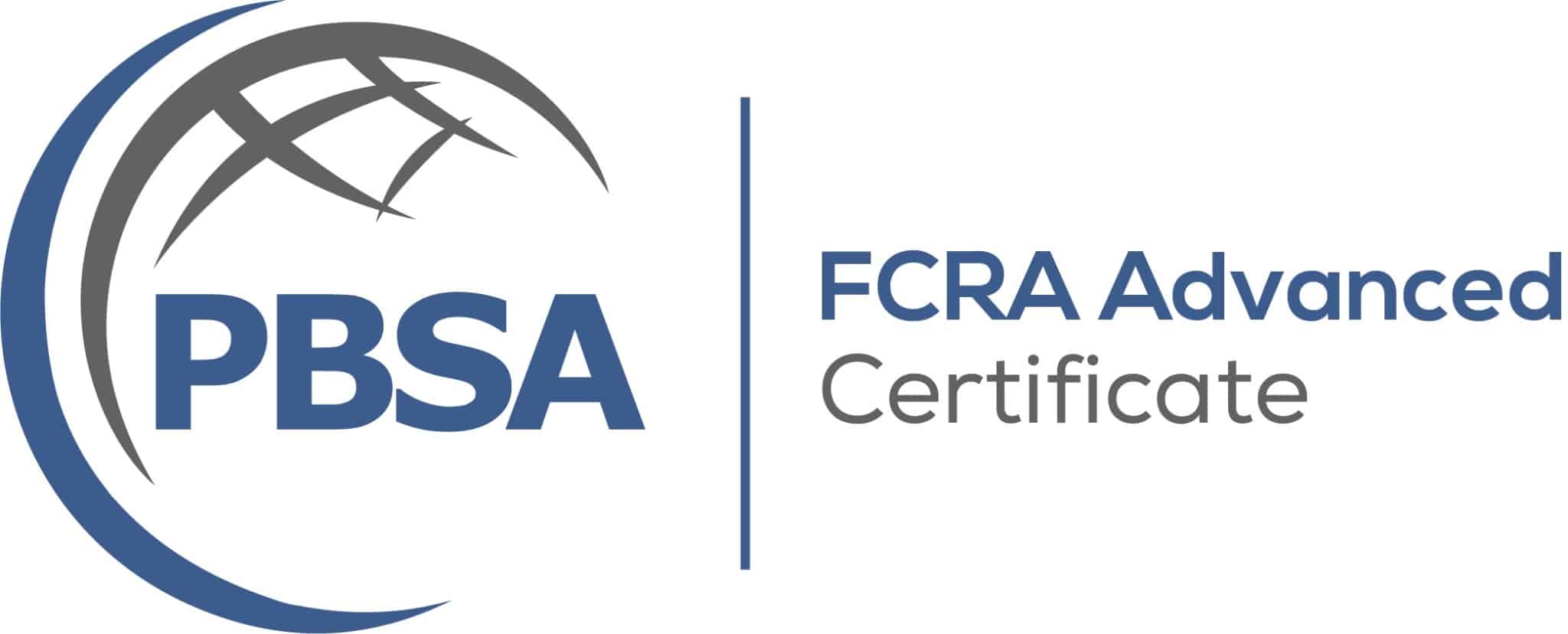
MVR (Motor Vehicle Record)
Compliance note
- MVR reports are considered consumer reports under the Fair Credit Reporting Act (FCRA) when obtained for employment purposes.
- Employers must have a permissible purpose and obtain written consent before requesting an MVR check.
- The Driver’s Privacy Protection Act (DPPA) restricts the disclosure and use of personal driver information for non-permitted purposes.
- Employers should review applicable state regulations, as reporting periods and violation retention policies may vary.
Related Terms and Posts
- Disclosure and Authorization
- Permissible Purpose
- Consumer Report
- DPPA (Driver’s Privacy Protection Act)
- Background Check
- Guide to North Carolina MVR and Driving Record Checks (Blog)
- Comprehensive Guide to State-Specific Background Check Services (Blog)
- Background Checks in 2025: What Employers Need to Know (Blog)
Frequently Asked Questions
A: It includes driver license information, status, suspensions, violations, accidents, and sometimes commercial driving endorsements or restrictions.
A: Employers use MVRs to assess driving history for safety-sensitive positions, reduce liability, and comply with insurance or DOT requirements.
A: Yes. The FCRA requires written authorization before obtaining any consumer report, including an MVR, for employment purposes.
DISCLAIMER: The information provided in this glossary is for general informational purposes only and should not be construed as legal advice. While we strive for accuracy, EDIFY Background Screening does not guarantee that the definitions or explanations are complete, up to date, or error-free. Employers should always consult with competent legal counsel to ensure compliance with applicable laws and regulations.
Stay Updated with EDIFY Insights Newsletter
Get compliance tips, background screening updates, and HR best practices delivered straight to your inbox.





